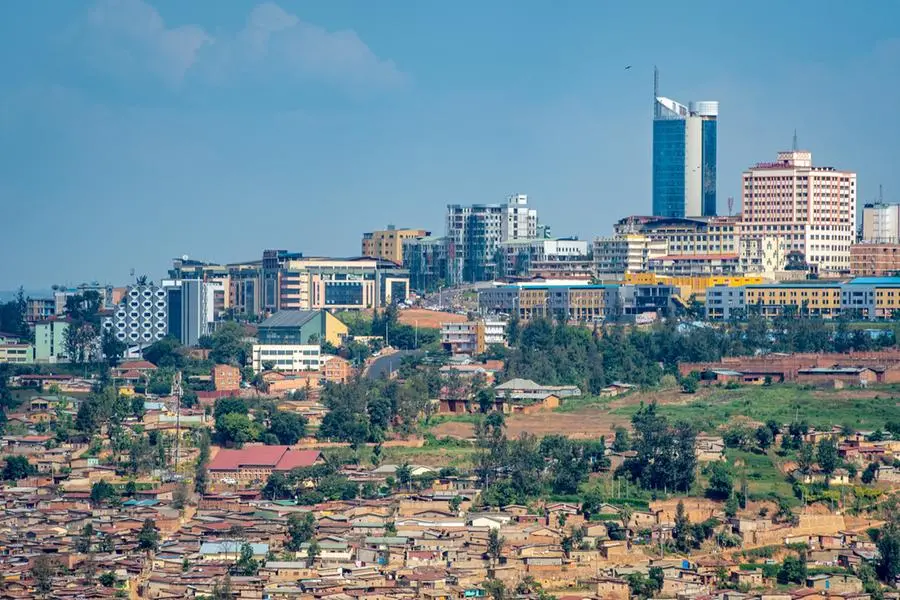PHOTO
In 2024, Rwanda earned $1.7 billion from mineral exports, with gold contributing to 88.2 percent of the receipts, or $1.5 billion.
And now, the government says it targets $2.2 million revenue target, despite sanctions imposed by Western powers over allegations of supporting the war in the mining regions of eastern Democratic Republic of Congo, and allegations that it has been aiding passage of “conflict minerals”.
This week, while addressing parliament to present the National Strategy for Transformation (NST2), Prime Minister Edouard Ngirente said gold exports rose from 2.4 tonnes in 2017, generating $90 million, to 19 tonnes in 2024, earning the country $1.5 billion.
Rwanda also exports coltan, cassiterite and wolfram. Coltan exports grew from $61 million in 2017 to $99 million in 2024, while cassiterite exports rose to $95 million in 2024, from $50 million in 2017.
Read: Rwanda could miss revenue targets for mineral exportsWolfram export revenues fetched $36 million in 2024 from $13 million in 2017, according to Ngirente.
This growth was attributed to increased investments in the sector, as well as improved value addition across the mining ecosystem, he said.
Data presented to Parliament showed Rwanda mined its gold from Miyove in Gicumbi, Burera, Rulindo, Nyamashake districts, and that “there are other gold mining sites we are gradually discovering,” Ngirente said.“Since 2020, the country has been exporting processed gold, thanks to the establishment of Gasabo Gold Refinery,” he added.
But the Gasabo refinery has been sanctioned by European Union (EU) for allegedly fuelling the war in eastern DR Congo, where illegal mineral trade fans the war by the M23 rebels, believed to be backed by Kigali.
The sanctions announced by the EU in March also feature Francis Kamanzi, CEO of Rwanda Mines, Petroleum and Gas Board, signalling the bloc’s tough stance towards illicit mineral trade.
The latest sanctions also leave the EU’s mineral deal with Rwanda in limbo, after the European Parliament proposed that it be scrapped.
Last year, Kinshasa accused American technology giant Apple of buying conflict minerals.
Read: New proof shows Apple sourcing minerals from east CongoApple denied the allegations saying: “As conflict in the region escalated earlier this year, we notified our suppliers that their smelters and refiners must suspend sourcing tin, tantalum, tungsten and gold from the DRC and Rwanda. We took this action because we were concerned it was no longer possible for independent auditors or industry certification mechanisms to perform the due diligence required to meet our high standards.”Kigali has strongly rejected the allegations of illegal mineral trade.
Since 2020, the Gasabo refinery has been adding value not only to Rwandan gold, but also to that from the neighbouring region, helping traders fetch higher prices.
Rwanda entered a minerals traceability programme with the European Union and a cooperative arrangement with the United States, seeking to weed out conflict minerals from its exports.
The recent sanctions mean that the country’s gold exports, and other minerals could be flagged as conflict minerals, barring them from the international market.
Kigali, however, maintains an optimistic stance, saying it will brave the sanctions and continue on its mineral sector growth trajectory.
Rwanda's Minister of Trade and Industry Prudence Sebahizi said the country will continue processing minerals despite the sanctions. © Copyright 2022 Nation Media Group. All Rights Reserved. Provided by SyndiGate Media Inc. (Syndigate.info).





















